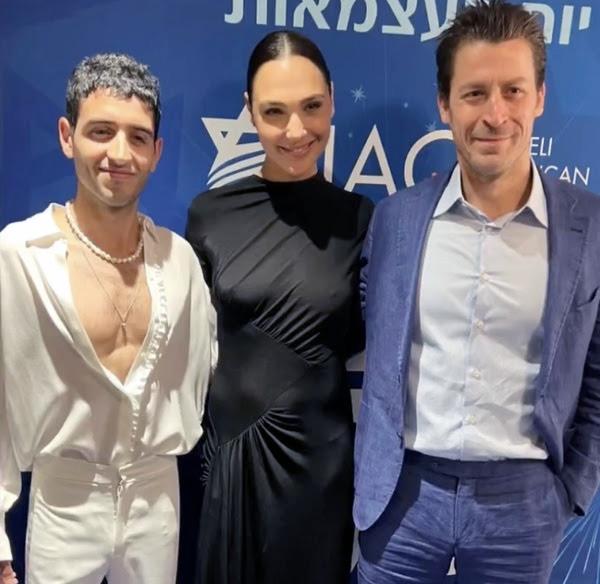
1 minute read
YANKLOWITZ
Shoshana have fostered children in addition to having their own four, ages 3 to 9. After years of writing books and articles for various national publications, public speaking appearances, building organizations, and social justice activism, Yanklowitz is a very visible presence in Phoenix and his progressive views are widely known. Though he sees VBM as a meeting place for Jews across the political spectrum, he admitted that he’s troubled when he sees “apathy or hate emerging from our own Jewish community, or I see Jewish alignment with white supremacists in our state,” he said. Those ideas can come from the belief that it’s “good for Israel even if it’s bad for all minorities,” he said, which is “very painful and misguided.”
He’s not interested in fighting with local
Jews who disagree with him, but, he said, “it is exhausting to feel oftentimes like a lone voice on many issues, and a little bit like a punching bag of the far right of our Jewish community.”
He’d much rather focus on his work of advancing Jewish knowledge and welcoming all Jews, especially those on the margins, meaning Jews of color, people with disabilities, and Jews from interfaith families. “We’re not just willing to accept them, but we really affirm who they are and welcome them in,” he said. Some of his attitude reflects his early experience of religious alienation.
But he can also see what’s happening in the Jewish world. Last year, Pew Research Center released a survey of Jews, which found that American Jews are increasingly either Orthodox or unaffiliated. Orthodox Judaism, he said, has a high entry barrier and “deep content,” while other Jewish spaces have “very watered down content but are very inclusive.” He wants to bridge that gap and provide meaningful content in a space where all Jews feel welcome.
Liberal Judaism, he said, needs “a renaissance” so that it’s rooted in both tradition and progress. As always, the key is “to demonstrate more clearly and powerfully how Judaism matters for the world, how it makes our lives better, and how it makes the world better.”
He worries that in a world full of competing ideas, people will simply identify as spiritual and go to yoga instead of seeing all that Judaism has to offer. “That would be the death of the Jewish future,” he said. But instead of focusing solely on continuity and survival, he said, the goal should be “to thrive and to make sure that Jewish wisdom is applied to improving the world. If we’re doing that well, the Jewish community will be sustained in the process.” ♦























